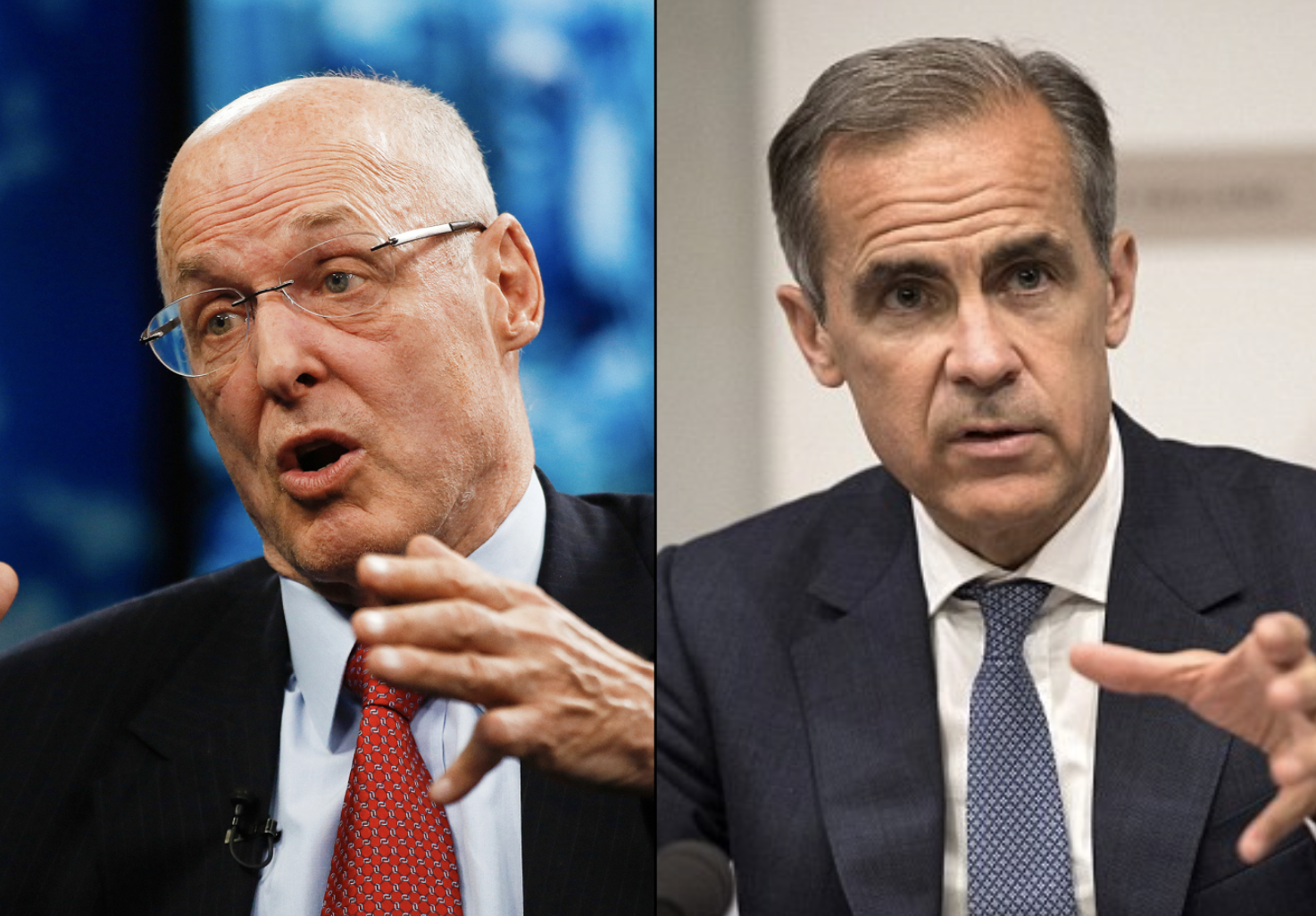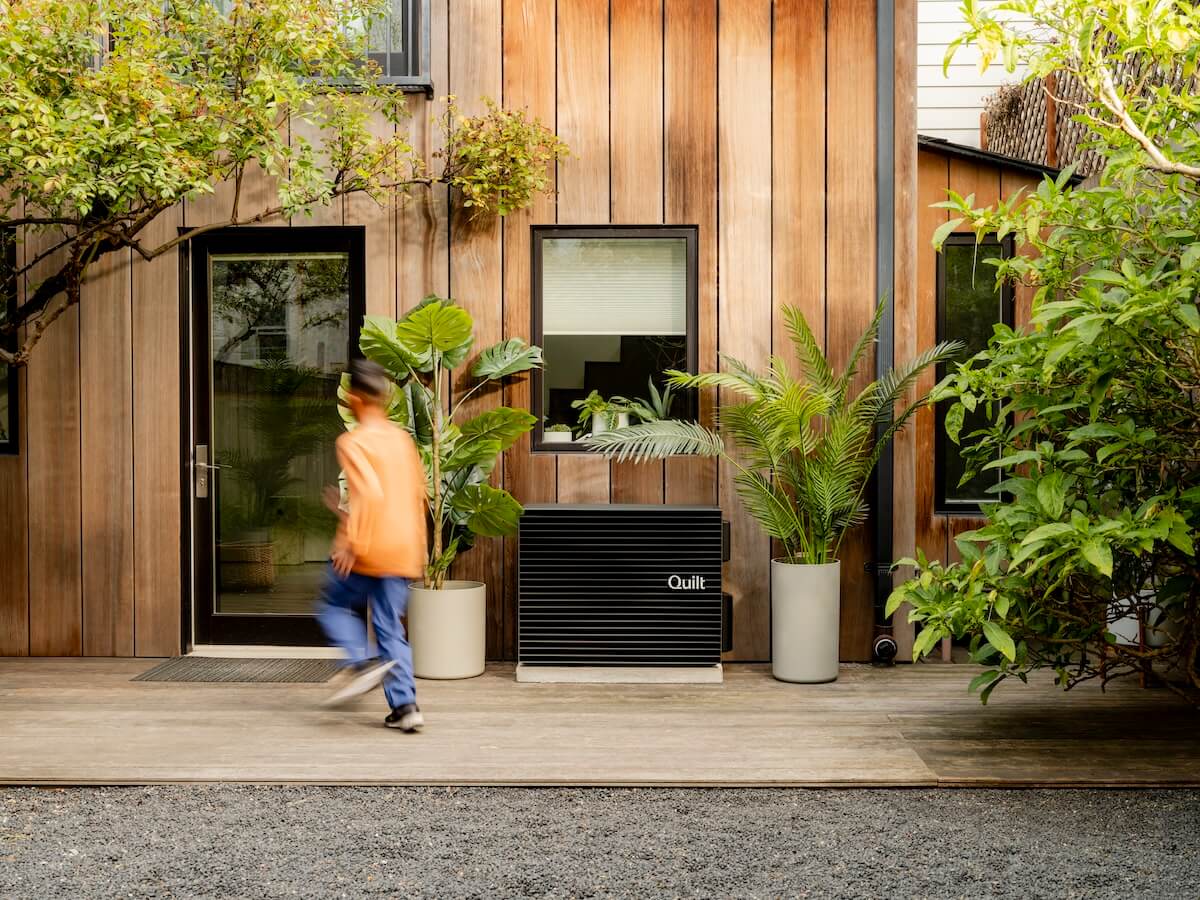ImpactAlpha, July 27 – The funds from TPG Rise and Brookfield represent a step-change for climate funds in both size and scale of institutional backing and are the latest in a banner fundraising year for climate-focused funds.
The private equity giants relied on big names to pull in some of the world’s largest pension, sovereign and corporate investors. Former U.S. Treasury Secretary Hank Paulson helped raise $5.4 billion in the first close of the TPG Rise Climate Fund, which could cap out at $7 billion. “Climate change is a societal risk but also a generational investment opportunity,” said TPG Rise’s Jim Coulter (see, “How private equity learned to stop worrying and love ESG”).
Mark Carney, the former Bank of England governor, helped Brookfield raise the initial $7 billion for the Brookfield Global Transition Fund, which is aiming to raise as much as $12.5 billion. “The decarbonization opportunities are bigger and are coming sooner than we might have expected a few months ago,” Carney told Bloomberg. Firms have already closed more climate funds in 2021 than in the previous five years combined, according to Pitchbook.
Institutional shift
The $221 billion Ontario Teachers’ Pension Plan Board, Canada’s largest pension plan, anchored both funds. TPG Rise’s first climate fund also secured investments from institutions including Allstate, AXA and the School Employees Retirement System of Ohio.
TPG Rise also attracted more than 20 major corporations as limited partners, including Apple, Alphabet, GE and General Motors, reflecting growing pressure on multinationals to accelerate the low-carbon transition. The Ontario pension fund, along with Temasek, the Singapore sovereign fund with $282 billion in assets, are the founding investment partners of Brookfield’s climate fund.
Impact theses
TPG Rise Climate will provide equity for growth-stage ventures in clean energy, decarbonized transport and agriculture and natural solutions.
Brookfield partnered with Tideline to design the fund’s approach to impact management and measurement. The fund will target “decarbonization-driven investment opportunities” to scale clean energy and transform carbon-intensive businesses.
Climate fund cascade
The big new funds “really are minuscule, drops in the bucket, in terms of the amount of capital that will be allocated toward decarbonization initiatives over the next few decades,” Brookfield’s Connor Teskey told Bloomberg.
BlackRock raised a $4.8 billion global renewable energy fund (see, “Cascade of climate-tech funds take aim at $10 trillion energy transition opportunity”).
Last week, Generate Capital raised $2 billion to develop green projects and General Atlantic announced BeyondNetZero, which is raising $4 billion. Carlyle launched Copia Power, a solar and storage infrastructure investment unit with $700 million.
Reality check
“What’s remarkable is not that there is some momentum of announcements like these, but that we are not seeing more action to close the trillion-dollar climate investment gap,” Climate Policy Initiative’s Barbara Buchner told ImpactAlpha.
She welcomed the commitments from institutional investors but called for transparency and accountability. “All of us will be watching closely to monitor progress on the pace and integrity of investments from these and other new funds.”











